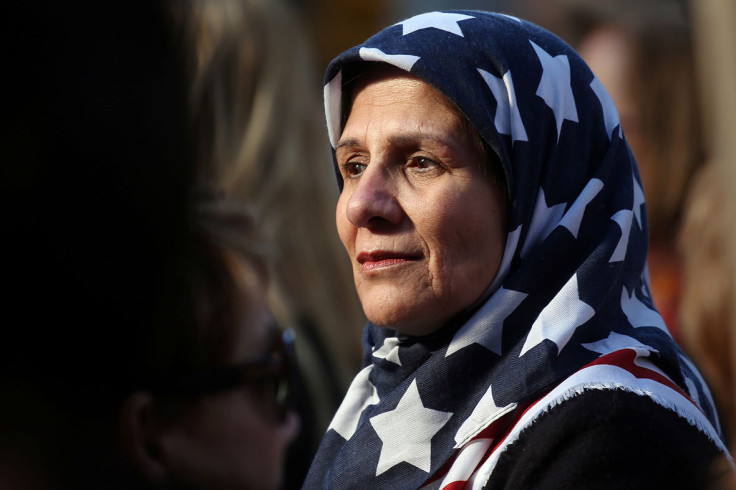New York pays $180,000 to three Muslim women after police removed their headscarves during arrest
The first case dates back to the arrest of a high school student in 2012.

New York City authorities have been forced to pay out $180,000 (£130,000) to three Muslim women who were forced to take off their headscarves for police mugshots.
The women, who were involved in separate incidents, had been forced to remove hijabs by police officers during arrest which was later deemed to be a breach of their religious liberties.
The first case dates back to 2012 where a high school student, known only as G.E, was involved in an altercation with other pupils whom she claimed had been spreading rumours about her.
G.E. was brought back to the New York City's Police Department's 62nd precinct for further questioning by officers.
The woman refused to be photographed in public without her headscarf and was subsequently taken to an adjoining room. Despite being promised that a female officer would take the photo, but instead, a male colleague captured her mugshot.
The criminal case against her was eventually dismissed but a resulting civil rights ruling forced police to issue new guidance in 2015 about religious headwear. Officers are required to tell persons they have a choice to be photographed in private by an person of the same gender.
In 2015, one woman said she had been denied the option to be photographed by a female officer while being detained in Brooklyn Central Booking.
In 2016, another woman said she had been photographed without her veil after she was arrested during a confrontation over a carparking space.
The attorney for the three women, Tahanie Aboushi, took the three cases forward, citing clear breaches of NYPD policy. It is believed New York authorities have settled the cases for $60,000 (£43,000) each and have now updated their guideline again due to these legal challenges.
Ms. Aboushi has welcomed the move and said that her team did her "best to establish good precedent."
"On the one hand, it gives officers guidance, and on the other hand, it protects the exercise of religious freedom," she added.
"The resolution of these matters were in the best interest of all parties involved", a Law Department said.






















